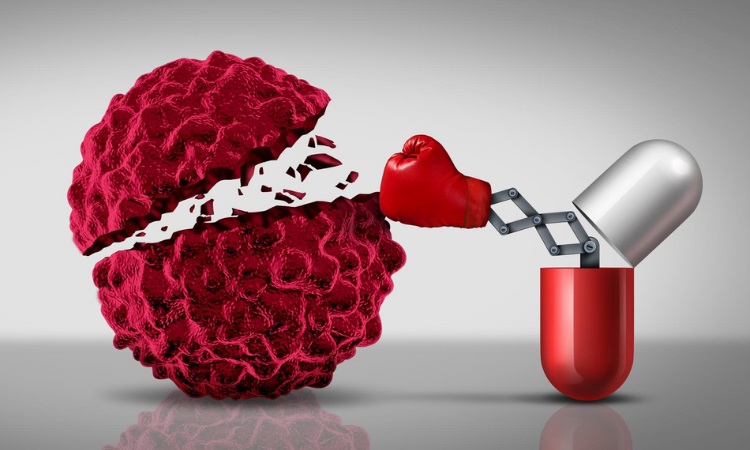Immunotherapy is an exciting, cutting-edge treatment that has given some patients with cancers like lymphoma and melanoma a more promising outlook. It is a simple yet effective form of cancer therapy that is helping transform cancer care at Cochise Oncology.
Immunotherapy is a precision medicine tool that provides durable outcomes in advanced cancers. But what is the success rate of immunotherapy?




